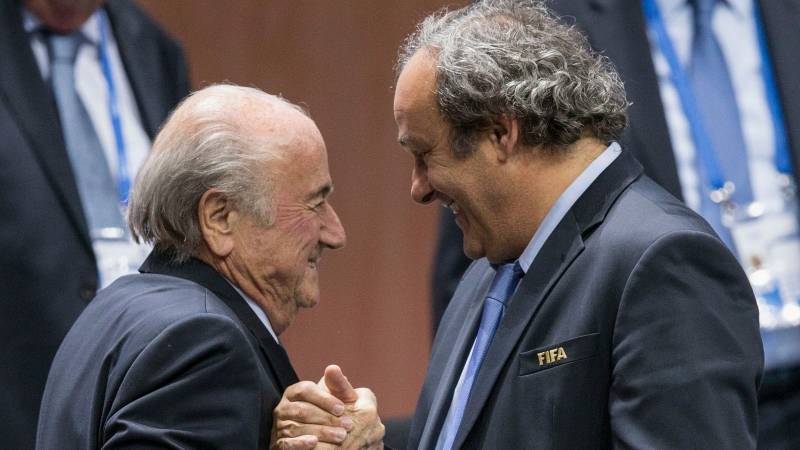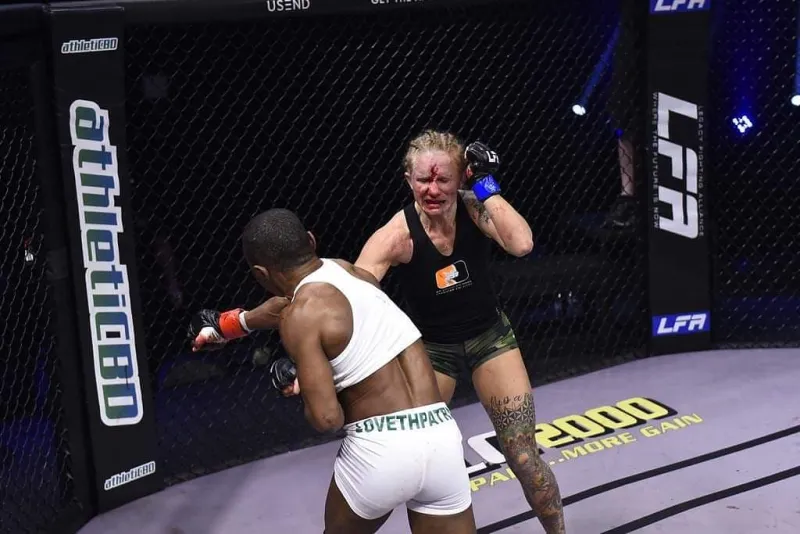When Oluwatobiloba Ayomide Amusan draped the country’s flag and mounted the podium for the national anthem after she broke the world record in women’s 100 metres hurdles on her way to winning the gold medal at the recently held World Athletics Championships in Oregon, United States, it was not because of what Nigeria did particularly to turn her into a global star.
Read Also: This is my Story - Episode 1 | Uphorial Media with Tgrams
Rather, it was because of access to top facilities at University of Texas at El Paso (UTEP). She had competed regularly against top athletes and also assisted by sponsors who have turned her to a world champion.
The same thing could be said of Ese Brume, who was a starry-eyed, but very talented prospect at the Delta State University, Abraka, before she became a regular podium contestant in major international competitions, when she took her career to a Cypriot university.
From a girl with enormous potential, Brume is now the world’s second best women long jumper. She is also a reminder that when ability and hard work meet standard facilities, the athlete becomes a world class competitor.
In most developed countries, higher institutions play a big role in nurturing sports talents to Olympic heights, because of the facilities they provide and availability of trainers versed in sports science.
At the Tokyo 2020 Olympic Games, universities accounted for United States’ 91 medals and helped the country to the top of the medals’ table.
Among the top schools are Stanford University, which accounted for 26 medals, followed by the University of Southern California (21 medals), the University of Florida (17 medals), UCLA (16 medals) and UC Berkeley (16 medals).
In Nigeria, the University of Port Harcourt (UNIPORT) has, for two decades now, dominated higher institutions sports, winning the last seven editions of the country’s star championship, the Nigeria Universities Games Association (NUGA) Games.
However, such dominance has not translated to global medals, because the school, like many others in the country, has not risen from being a talent factory to becoming an international medals producer.
Recently, some private universities have shown that they, perhaps, have the panacea to Nigerian institutions poor record in developing world class athletes.
At the last NUGA Games, some of these schools, including Nile University, Abuja, displaced some of the established institutions on the medals table. This gave credence to the belief by some stakeholders that Nigeria’s sports ‘salvation’ now have a base in private universities.
Stakeholders, however, say the cost of producing a standard athlete for international competition is enormous and for any budding sportsman to rise to world-class level, he or she needs all the support he/she could get from government and corporate bodies.
DIRECTOR of the Sports Institute and High Performance Centre at the University of Port Harcourt (UNIPORT), Professor Ken Anugweje, tried to put up a defence on why private universities in the country appeared to have a better grip on sporting activities, based on scores at the last NUGA.
He also disagreed that despite their successes at university games nationally and regionally, UNIPORT athletes don’t flourish on the world’s biggest stages. He added that not only are UNIPORT athletes world class competitors, some have on countless occasions represented the country at not just regional and international events, but even at the Olympics.
He said his school has remained the biggest name in sports and talent production, not just in Nigeria, but also in the whole of West Africa because it pay premium attention to the sector.
“If you ask yourself the factors that determine performance in sports, it is clear why UNIPORT dominates sports not just in Nigeria but also in West Africa. For any school to do well in sport, it must have the facilities, programmes and training plans based and centred on the athletes, as well as a well-structured training.
“The private universities don’t have the type of facilities we have here, but I wouldn’t want to dwell so much on them because I don’t know too much about them.




